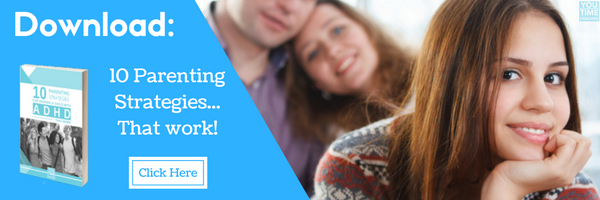CONFLICT.
Yeah, it could be a synonym for “parenthood” or the newest board game for parents and their children to practice communication and relationship building (look out for it on the shelves this coming holiday season in your nearest Target). Let’s face it, conflict in and out of the home can feel like an every day occurrence. Regardless of your child’s developmental stage (school-age, adolescence, early adulthood…etc) or challenges with ADHD, executive functioning, or processing speed, parent’s are forced to navigate conflicts with their children, inner-conflicts with themselves, and potentially with any other caregivers in the picture.
While no two conflicts are identical (though the argument could feel redundant… “Why didn’t you start your homework yet?… I didn’t raise you like that!… If you don’t clean your room, you can’t go over your friends house.), you knowing your different “conflict modes” can give you access to a higher understanding of parenting and effective communication with your children during chaotic times.
What is a “conflict mode”?
DOWNLOAD: 10 Parenting Strategies For Raising Children…. That Actually Work!
Short and sweet, your conflict mode is a deeper understanding of how you typically behave during conflict.
First, there are two dimensions.
1. Assertiveness: how much effort (or lack of effort) you put into satisfying your own concerns.
2. Cooperativeness: how much effort (or lack of effort) you put into satisfying the other person’s concerns.
Think of it like this.
Second, there are 5 “modes” for how we respond to conflict.

To learn more about each of these “modes” take a look at this: An Overview of Conflict Modes. Taking a quick gander you can probably start to piece together the more obvious “modes” you go into during a conflict with your child. This isn’t a “one way or another” type of situation, because typically parents will exhibit some degree of each of these across the conflicts you face with yourself and others.
There are many specific behaviors that could enact each individual factor but your “conflict mode” is built off of the aim of the behavior rather than the specific behavior itself. Same goes for your child.
For example, your child may not want to talk about the poor grade they received on their English paper and in order to achieve this avoidance they could walk out of the room, shut down and not speak, or even change topics altogether. Three different behaviors, all aimed to avoid.
Let’s put the entire picture together.
Your “conflict mode” is a product of your personal disposition and the requirements of the situation you have found yourself in. Different conflicts with your children, loved ones, your friends, and even yourself can highlight different tendencies you may gravitate to within these modes.
BENEFITS TO UNDERSTANDING YOUR “CONFLICT MODE”:
• Learn how to use your strengths to set boundaries and KEEP THEM!
• Work with your child in creating innovative solutions to common problems.
• Further develop your ability to manage your efforts, while still helping you and your child.
• Reduce your stress load during conflicts.
• Genuinely support your child during conflicts.
Taking a look at the diagram above will give you a self-diagnosed idea of what modes you gravitate towards.
Contact YouTime Coaching now to find out your individualized “conflict mode” and learn more about how to put the newly acquired information into action at home with yourself and your children.


